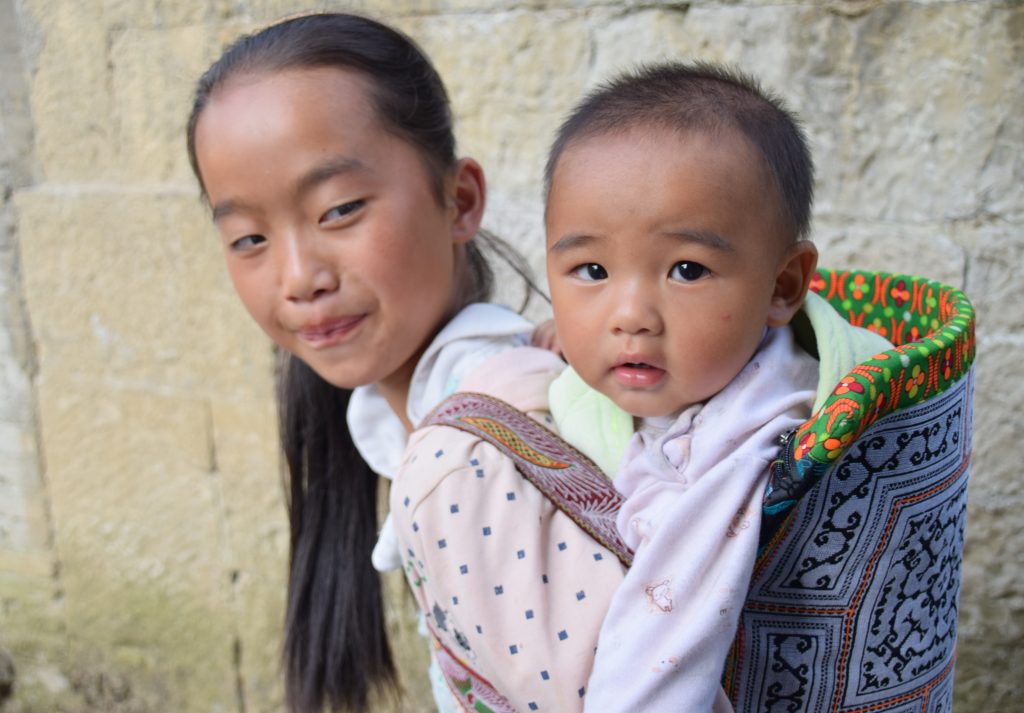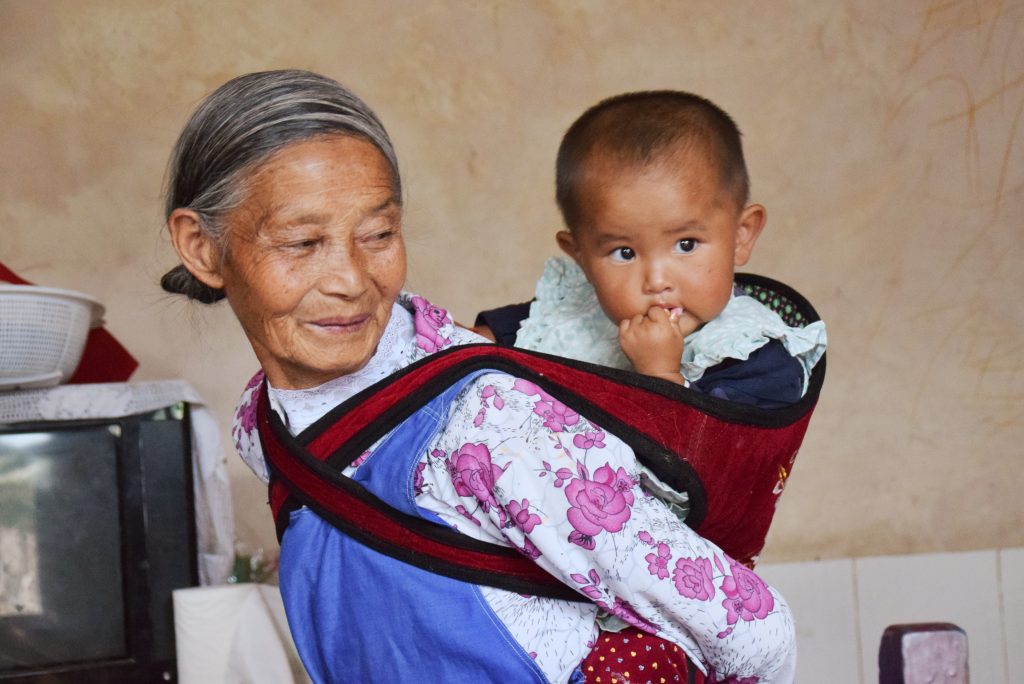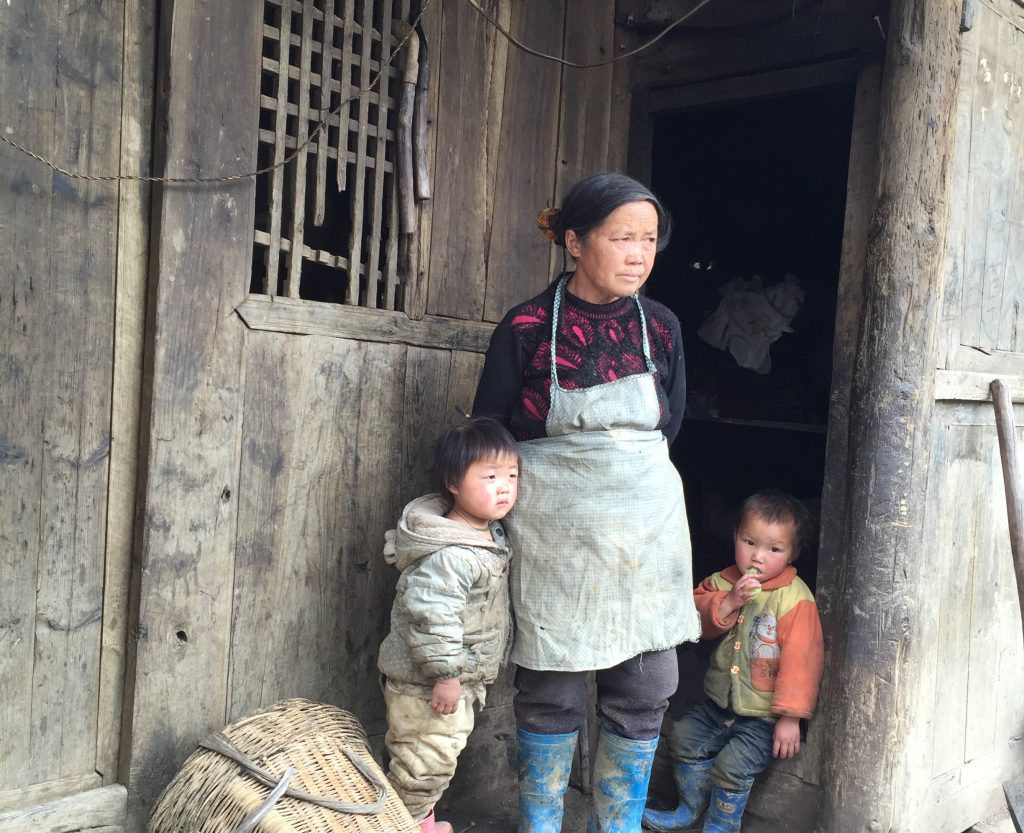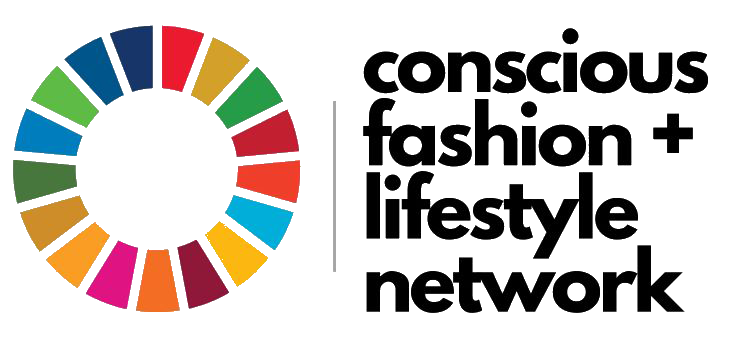Why Asia?
Asia is the earth’s largest and most populous continent. Rapid economic development and huge population growth is rapidly transforming Asia.
This is often at the expense and suffering of animals and the environment – which are frequently seen as commodities or resources in many parts of Asia. Many Asian nations do not have legislation or the infrastructure in place to protect animals and Asian cities are facing the greatest risks from environmental issues such as pollution, extreme heat, climate change and natural disasters. Among the 100 cities most at risk, 99 of them are in Asia.

Helping Asia to create a compassionate world
We are an Asian founded non-for-profit organisation and we strongly believe in the power of education to equip Asian nationalities with the tools to build a more compassionate world. We do this because education helps increase awareness and understanding of the sentience and interconnectivity of all living things, something which can be lacking in parts of Asian society owing to a complex range of historical, political, and socio-economic factors. Humane education which is often referred to as PSHE (Personal, Social, Health and Economic) is widely taught in the west but is not taught in Asian schools. Without these lessons, children are not taught vital life skills such as empathy, compassion and the importance of protecting animals and the environment.

The importance of China
China is the world’s most populous country with the second largest economy in the world. High population has led to large-scale factory farming of animals and in turn the growth of crops for animal feed which inevitably impacts animals and the environment. In China, just like in all countries, there are a variety of issues relating to the way many humans interact with animals, each other, and the environment. China’s rapid development and economic growth, along with its large population, offers both a great need, and a great opportunity, for ACTAsia’s work.

Impact of One Child Policy
Another concern in China relates to the one-child policy that came into force in 1979. This has led to a recognised condition known as ‘the little emperor syndrome’. It results from the lavishing of attention and consumer goods onto an only child, who has no healthy competition from siblings. A study into the One Child Policy has found that ‘little emperors’ have trouble building close relationships, find it difficult to share and are less conscientious. Now that many ‘little emperors’ are parents themselves, the problem is being passed to the next generation.

The Challenges in Asia
The state of conflict and violence in Asia is complex due to the continent’s diverse social and political context. The largest number of women and girls killed worldwide is in Asia and the link between domestic violence, child abuse and cruelty to animals has been proven through years of scientific studies. Changing negative behaviours takes time and ACTAsia recognises that education is the key to equipping children, consumers and professionals with the knowledge and skills necessary to create a more compassionate world by demonstrating empathy towards people, animals and the environment and therefore effecting long term sustainable change.
![ACTAsia [logo]](https://www.actasia.org/wp-content/themes/ACTAsia-2022-theme/assets/img/actasia-en-colour.svg)



